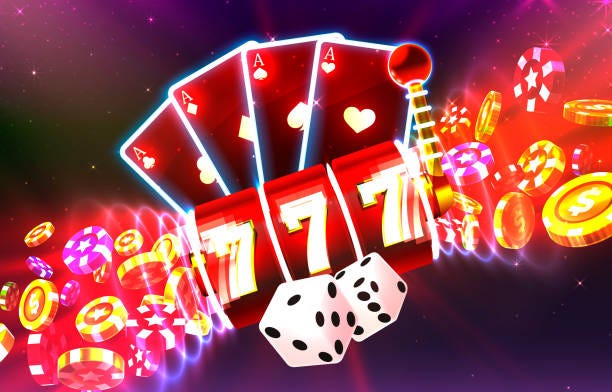Casinos have long captivated the imagination with their blend of excitement, chance, and the promise of fortune. From their origins in ancient civilizations to their present-day prominence, paito angka have evolved significantly, reflecting broader cultural and technological changes.
Ancient Beginnings
The concept of gambling can be traced back to ancient civilizations. Evidence suggests that games of chance were popular in cultures such as the Chinese, Greeks, and Romans. In ancient China, keno-like games were played as early as 2000 BC. The Greeks and Romans enjoyed dice games and betting on athletic events, with the Romans even hosting elaborate games of chance in their public baths and other venues.
The Birth of Modern Casinos
The term “casino” itself originates from Italy. The word “casa” means house, and “casino” originally referred to a small house or villa used for social gatherings. By the 17th century, these gatherings often included games of chance. The first true casino, as we understand it today, was the Casino di Venezia, which opened its doors in Venice in 1638. This establishment was initially a private club but gradually became a popular venue for public gambling.
The Rise of Casino Culture
The 19th century saw the rise of casinos in Europe, with Monte Carlo in Monaco becoming a legendary hub for high-stakes gambling. The allure of Monte Carlo and its opulent setting attracted the wealthy and famous from across the globe. This period also saw the development of iconic games such as roulette, which was refined in France.
In the United States, the casino industry began to take shape with the establishment of gaming houses in New Orleans and other cities. The turning point came with the legalization of gambling in Nevada in 1931. The iconic Las Vegas Strip, with its glittering lights and grandiose hotels, soon became synonymous with casino culture. The development of elaborate resorts, such as Caesars Palace and The Mirage, transformed Las Vegas into a global destination for entertainment and gaming.
The Digital Revolution
The advent of the internet in the late 20th century brought about another seismic shift in the casino industry. Online casinos emerged, allowing players to experience the thrill of gambling from the comfort of their homes. Virtual casinos have grown exponentially, with platforms offering everything from classic table games to innovative slot machines and live dealer experiences.
Mobile technology further revolutionized the industry, making it possible to play casino games on smartphones and tablets. This accessibility has broadened the appeal of gambling, attracting a new generation of players and integrating casino games into everyday life.
Contemporary Trends and Challenges
Today, the casino industry faces a variety of challenges and opportunities. With the rise of online and mobile gaming, traditional brick-and-mortar casinos must innovate to stay competitive. Many establishments are incorporating cutting-edge technologies such as virtual reality and artificial intelligence to enhance the gaming experience.
Moreover, the industry is increasingly focused on responsible gambling practices and regulatory compliance. Efforts are being made to address issues related to addiction and ensure fair play for all participants.
Conclusion
From ancient games of chance to the glitzy casinos of Las Vegas and the digital realms of online gaming, the evolution of casino culture reflects broader changes in technology, society, and entertainment. As the industry continues to adapt and grow, it will undoubtedly remain a fascinating and dynamic part of human culture, captivating players and enthusiasts around the world.


